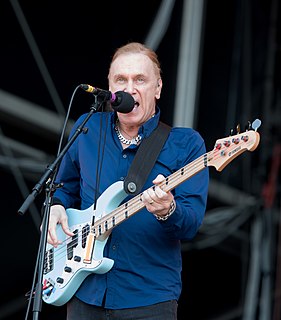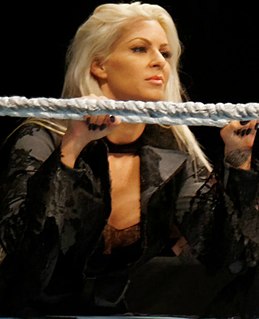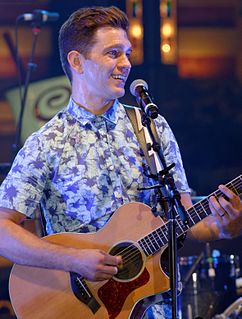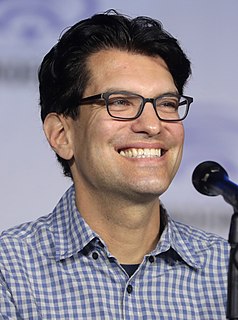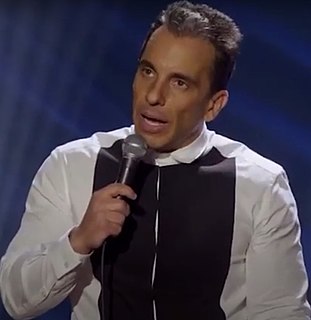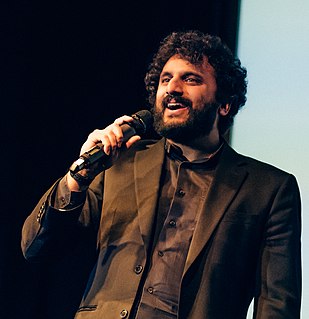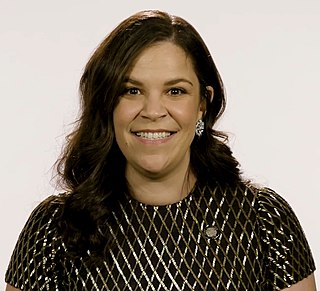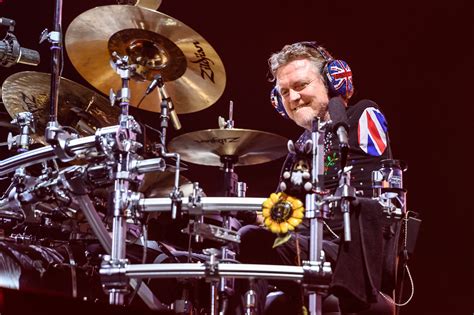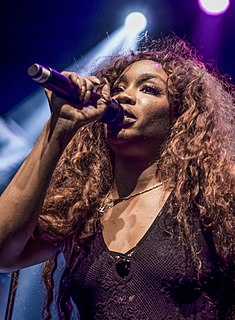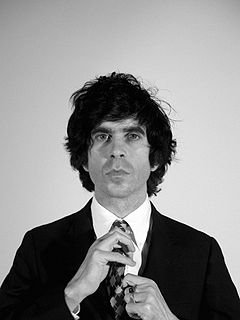A Quote by Billy Sheehan
I believe the best persona to be onstage is the one that comes naturally.
Related Quotes
There is a blueprint that young female singers seem to follow to make it, to make some noise when they first come out. And it's a hyper-sexualized persona. And the thing is that it works. And they do make noise. But the problem is if it's not authentic to you, then you're trapped in that persona. And you have to live that persona 24/7.
